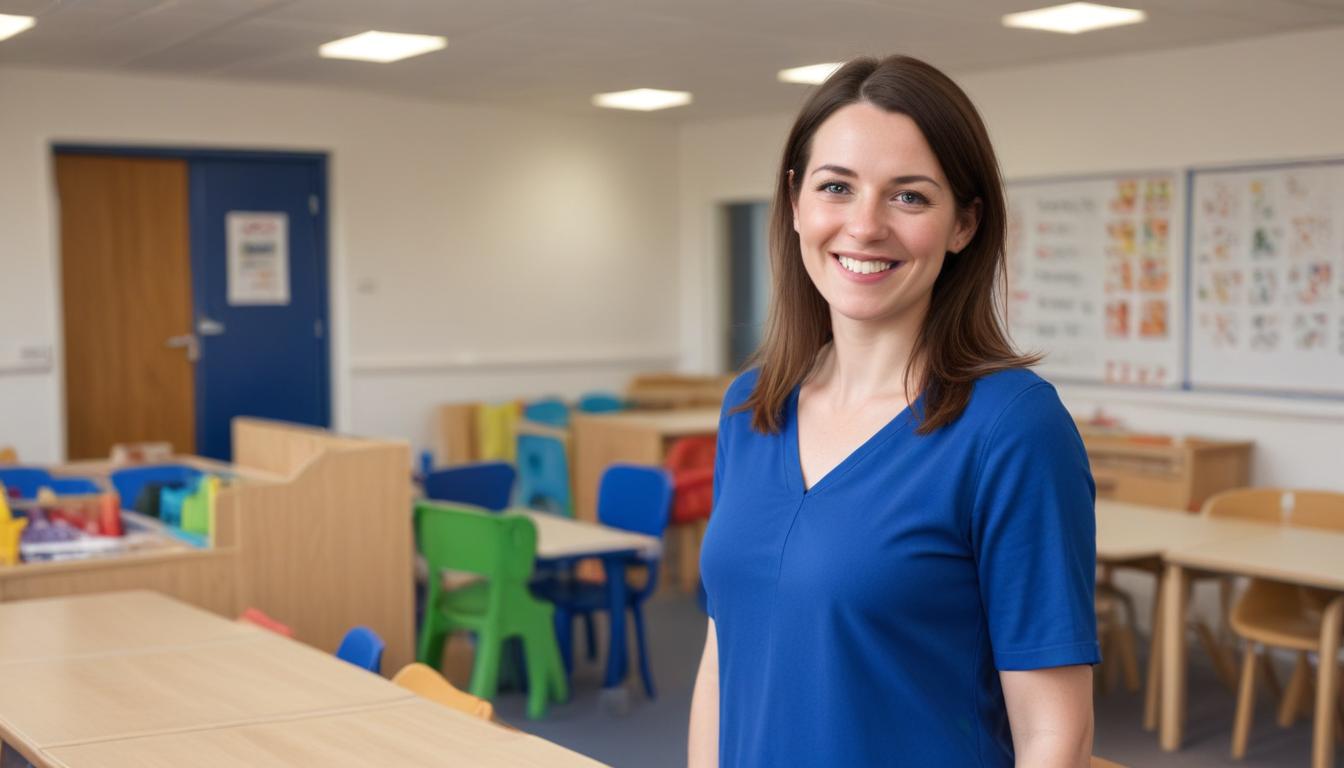
This guide will help you answer 2.3. Identify the learning that could take place for young children taking part in chosen musical activity or musical game.
Musical activities and games can provide a rich environment for young children’s learning and development. Music is inherently engaging and can capture the attention of young children, making it an excellent tool for education. Through music, children can learn a variety of skills in a fun and interactive way.
Cognitive Development Through Music
Musical activities aid cognitive development in several ways. When children engage with music, they often need to remember melodies, lyrics, and sequences. This practice enhances their memory skills. For example, singing nursery rhymes or learning simple songs involves recalling words and rhythms, which exercises memory.
Music also introduces basic maths concepts. Rhythm and beat help children understand patterns, a foundational maths skill. Clapping to a beat or playing simple percussion instruments teaches children about timing and sequencing. Counting songs help with basic numeracy, allowing children to explore numbers in an enjoyable setting.
Language and Communication Skills
Taking part in musical activities and games can significantly boost language acquisition. Singing songs introduces new vocabulary, pronunciation, and grammar. It provides a context for using language in a structured yet playful way.
Children often learn new words through repetition in songs. This can range from parts of the body to different animals in nursery rhymes. Musical story-telling helps with understanding sequence and narrative flow, building comprehension skills by following the plot of a song.
Physical Development and Coordination
Engaging in dance or movement-based musical activities develops a child’s physical skills. Dancing improves gross motor skills as children practice balance, coordination, and spatial awareness. For instance, dancing to a song might involve jumping to a beat or moving in time with music, which strengthens muscles and enhances coordination.
Playing musical instruments, even simple ones like bells or drums, develops fine motor skills. It requires finger and hand movements, encouraging hand-eye coordination. Tapping along to a rhythm requires control and precision, which are essential skills for writing and drawing.
Social and Emotional Learning
Music is a social activity by nature. Participating in group musical activities encourages cooperation, teamwork, and social interaction. Children learn to listen to others, take turns, and work together towards a common goal, like performing a song as a group.
Emotionally, music is powerful. It helps children express feelings they might not yet have the words for. A sad song can help a child explore feelings of sadness, while an upbeat tune can elevate mood and energy. Engaging with different types of music enables children to experience a wide range of emotions.
Creativity and Imagination
Musical activities can inspire creativity by encouraging children to think outside the box. Composing simple tunes or coming up with new lyrics to familiar melodies allows children to use their imagination. Improvised dance and movement let children express themselves in unique ways.
Making up stories based on music is another way to foster creative thinking. A piece of classical music can be the backdrop to an imagined adventure, prompting children to innovate and articulate new ideas.
Cultural Awareness and Understanding
Music is a universal language that can introduce children to different cultures. Through musical activities, children can experience songs and instruments from around the world. This exposure helps them appreciate cultural diversity and fosters an inclusive mindset.
Singing songs in different languages or playing traditional instruments can enhance cultural knowledge and acceptance. It helps children recognise that while people might look different or speak different languages, music is something everyone can enjoy together.
Listening Skills and Focus
Musical activities require children to listen attentively, which hones their listening skills. Whether they are following the instructions of a musical game or listening to music, they practice staying focused. This skill is transferable to all learning environments where concentration is necessary.
For example, musical games that involve stopping and starting when the music pauses teach children to be alert and attentive. It trains their ears to pick up specific cues, helping them develop better focus over time.
Self-Confidence and Motivation
Performing music, whether singing or playing an instrument, can build confidence. Achieving a musical task, such as learning to play a part of a tune, provides a sense of accomplishment. This boosts self-esteem and encourages children to take on new challenges.
Participation in musical activities can increase motivation for learning. The energetic and vibrant nature of music makes learning enjoyable. It can stimulate children’s interest and willingness to engage more actively in educational experiences.
Problem-Solving Skills
Music often involves problem-solving, especially when children engage in group activities. Deciding on which instruments to use, maintaining rhythm, or timing a performance requires thinking and decision-making. As children solve these musical puzzles, they improve their problem-solving abilities.
In groups, they may work out how to play a song together, considering each person’s role. This involves negotiation and collaboration, teaching valuable interpersonal problem-solving skills.
Conclusion
Musical activities and games are a versatile tool in early childhood education. They offer a unique combination of fun and learning, catering to various aspects of development. From cognitive and language development to social skills and emotional growth, music nurtures a broad range of essential life skills.
Embracing musical activities in early years settings can greatly enhance the educational experiences of young children. By doing so, we not only foster their development but also instil a lifelong love for music.
Subscribe to Newsletter
Get the latest news and updates from Care Learning and be first to know about our free courses when they launch.




